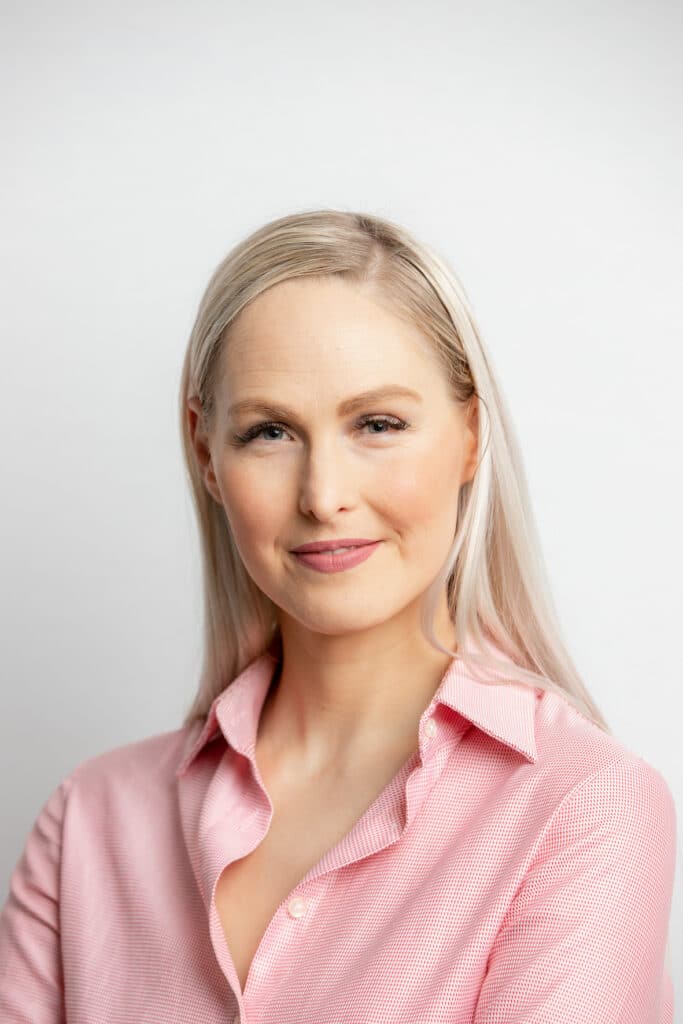It’s Birth Trauma Awareness Week, and as women’s mental health worsens, advocacy groups are calling for better psychological support for mothers in Australia.
According to The Liptember Foundation, 23 per cent of women who have experienced physical birth trauma are also dealing with perinatal depression. It’s a similar story for women with perinatal anxiety.
What’s more, 21 per cent of Australian women who have experienced physical birth trauma have also developed post-traumatic stress disorder (PTSD).
Founder and CEO of The Liptember Foundation Luke Morris said his organisation will continue to advocate for better support for women experiencing mental health issues, especially those who suffered birth trauma.

“This year’s report highlights a concerning increase to certain mental health issues affecting women of each life stage,” Morris said.
“Together with the help of our community of experts and advocates we can strive towards improving these statistics and achieving better mental health for Aussie women.”
Better psychological support
In Australia, people suffering from poor mental health are eligible for 10 sessions with a psychologist under Medicare.
But Tegan Carrison, the executive director of the Australian Association of Psychologists (AAPi), said this is not enough for women who have been psychologically impacted by birth trauma. Her organisation is advocating for these women to access up to 40 sessions with a psychologist through Medicare.

“We know that up to 40 sessions are considered the optimal level of treatment for complex mental health conditions,” Carrison said.
“These kinds of issues require ongoing psychological care that cannot be properly managed in a short space of time.”
Lucy Frankham is a psychologist and a member of the AAPi. She said the ten rebated sessions per year is “completely inadequate” to treat significant mental health conditions acquired from birth trauma.
“Ten rebated sessions per year – which equates to less than one session per month, are completely inadequate for a course of treatment following birth trauma, especially when you consider how much change occurs for a mother and baby in the first year,” Frankham said.
“There is so much to adjust to and contend with psychologically in addition to any trauma that a mother may have experienced.”

Perinatal depression and anxiety, which can be developed from experiences of birth trauma, is having a devastating impact on mothers: one of the leading causes of maternal deaths in Australia is suicide.
Carrison, the executive director of the AAPi, said a way to curb these statistics is to help mothers who have suffered from birth trauma to access psychological help.
“A new mother needs a trusted, sustained relationship with her psychologist to help her recover from birth trauma,” Carrison said.
“Unaddressed psychological issues resulting from birth trauma can have profound negative implications for new parents and their children. We are calling on the government to provide the appropriate levels of care this vulnerable group deserves.”


